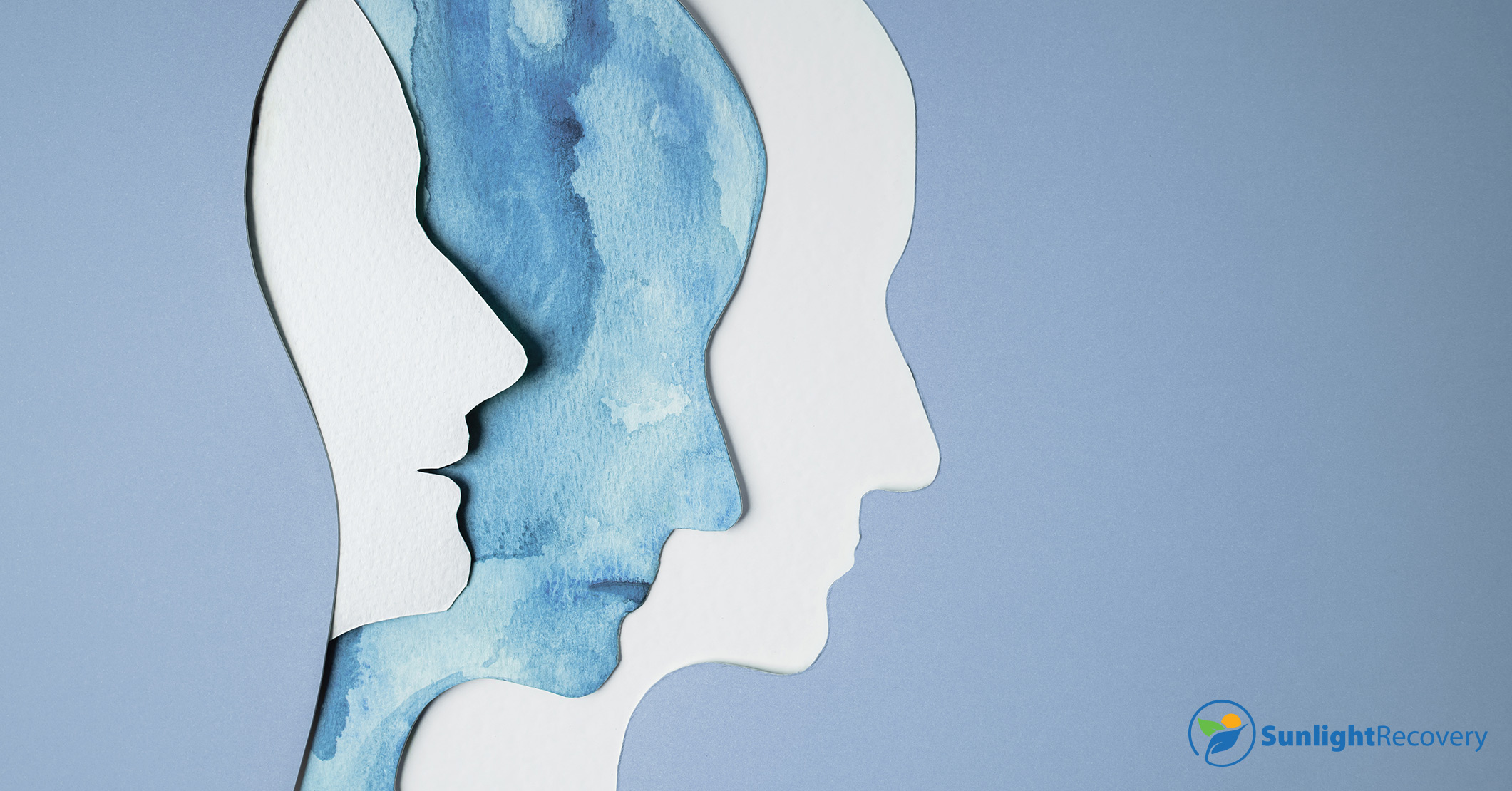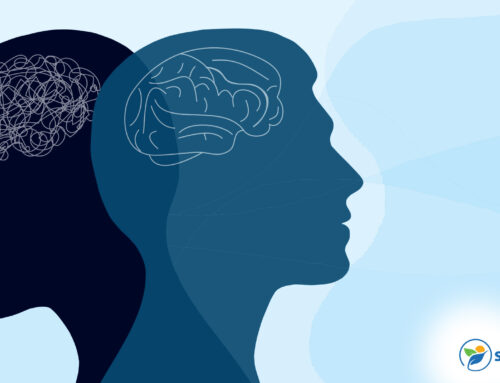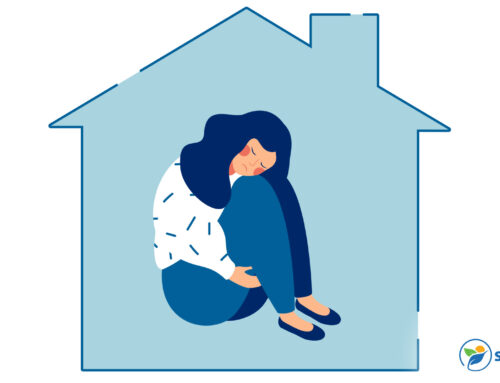Depression is one of the most common mental health conditions in the United States. It’s estimated that as many as 17.3 million American adults suffer from depression yearly. The condition is widespread, with a variety of symptoms that can cause physical and mental harm. For those with severe depression, it can lead to suicidal thoughts and be ultimately life-threatening.
This is precisely why exploring all possible treatment options for depression is essential. Most of us have heard of antidepressants and counseling as treatment options for depression, but research has begun to explore another option in the form of S-adenosyl methionine (also known as SAMe or SAM-e).
A handful of European countries have approved SAMe as a prescription treatment for depression. Currently, the United States offers synthetic SAMe as an oral dietary supplement only.
SAMe benefits may be clinically significant, but is this treatment right for you? Let’s take a look at what prescribing SAMe for depression really means.
Understanding SAMe (S-Adenosyl Methionine)
So, what is SAMe? S-adenosyl methionine was initially discovered by researchers in the early 1950s as a chemical compound occurring naturally in the body. Humans produce SAMe using methionine, an amino acid found in foods. SAMe aids in the production and regulation of hormones, as well as maintaining cell membranes.
Following this discovery, scientists found that individuals with liver disease and depression sometimes had abnormally low levels of SAMe. They began to investigate SAMe supplement benefits to counter these effects.
SAMe for Depression: Research and Clinical Evidence
Research has shown that SAMe helps individuals produce neurotransmitters such as dopamine, serotonin and norepinephrine. Antidepressants work to alleviate the symptoms of depression by improving the levels of those same neurotransmitters in the brain. Therefore, someone low in SAMe could improve their depression symptoms by increasing their SAMe levels.
A few studies have examined the effect SAMe can have on depression, and some have shown promising results:
- A 2016 scientific review looked at SAMe supplement benefits versus the effects of typical antidepressants. The review concluded that SAMe was more effective than a placebo when people took it with SSRIs.
- A 2020 study found that taking up to 3,200 mg of SAMe daily can reduce depression symptoms.
- Another 2020 study concluded that taking SAMe, on its own or with antidepressants, may improve symptoms in those with major depressive disorder (MDD).
- A 2021 research article found that taking 800 mg of SAMe in combination with antidepressants could improve symptoms.
While all of these reviews indicate a relationship between SAMe and improving depression symptoms, it’s important to examine the context of the studies themselves. The research contained noted flaws, and reviews recommended that additional research be done, as the studies themselves were small, short-term or generally “of poor quality.” Additionally, some studies focused on injectable SAMe while others examined oral SAMe tablets, causing results to be inconsistent.
There’s a demonstrable link between SAMe and the neurotransmitters associated with depression, but a 2016 systematic review of eight clinical trials found that it could not conclusively say there was a positive correlation between SAMe and reducing depression symptoms. Research with larger data pools, longer timelines and more consistent controls may reveal a more definitive relationship.
Still, researchers have hope. The author of one study on SAMe writes, “SAMe may be an important addition to the armamentarium of antidepressant agents […] there is evidence that SAMe has antidepressant efficacy.”
Incorporating SAMe as Part of a Comprehensive Treatment Plan
Some European countries have begun prescribing SAMe as a treatment for depression, but the FDA has yet to approve SAMe as a prescription medication in the United States. Instead, SAMe is available to the public as an over-the-counter (OTC) supplement.
As with all supplements, it’s important to consult your primary care provider before taking SAMe supplements. Do your research and ask questions of your doctor to understand how SAMe fits into your treatment plan. Additionally, be sure to assess the documented side effects and note all interactions with other prescription drugs or supplements.
Side Effects of SAMe
The side effects of taking SAMe are usually minor and can include:
- Anxiety
- Constipation
- Diarrhea
- Dizziness
- Irritability
- Mild insomnia
- Nausea
- Sweating
Who Should Avoid SAMe?
Individuals with the conditions listed below should proceed with caution when considering SAMe:
- Bipolar disorder. Those with bipolar disorder are not recommended to take SAMe, as the supplement can trigger or intensify manic episodes and increase feelings of anxiety.
- Pregnancy. There have been no studies on of the effects of SAMe on pregnant individuals.
- Parkinson’s disease. SAMe may reduce the effectiveness of levodopa, a medication commonly used to treat Parkinson’s disease.
- Immunocompromised. People with a weakened immune system are at elevated risk of infection caused by a bacteria known as pneumocystis. SAMe may accelerate the growth of this microorganism.
Consult a Health Care Professional
Today, treatment for depression consists primarily of antidepressants and therapy. If this treatment begins to diminish in effectiveness, some may want to experiment with supplements like SAMe.
However, it’s vital to consult with a health care professional before looking into SAMe. The supplement isn’t a replacement for therapy or antidepressants and shouldn’t be treated as such. As with all medications, it can have potentially dangerous interactions with other drugs and supplements, so make sure you have all the information before you proceed.
Above all, remember that treating depression is a journey you undertake with your support system and your care team. Your care providers can help you determine what combination of prescriptions, supplements and therapies will work best for you and keep you apprised of new clinically approved treatments as they become available.
Receive Depression Treatment at Sunlight Recovery
If you’re looking for comprehensive care for your depression, Sunlight Recovery can help. Our compassionate, experienced staff will work with you to find a treatment that works in the long term. A better life is ahead — all you have to do is take the first step. Contact us today and join your care team on the road to recovery.






